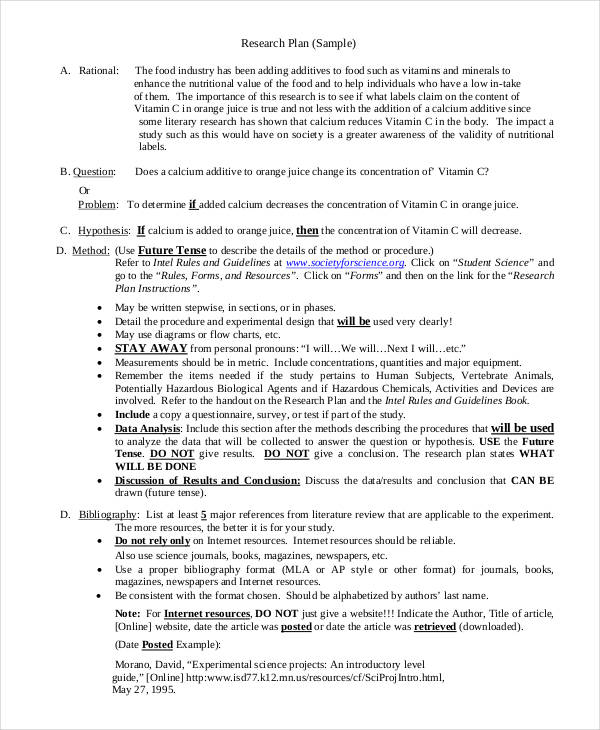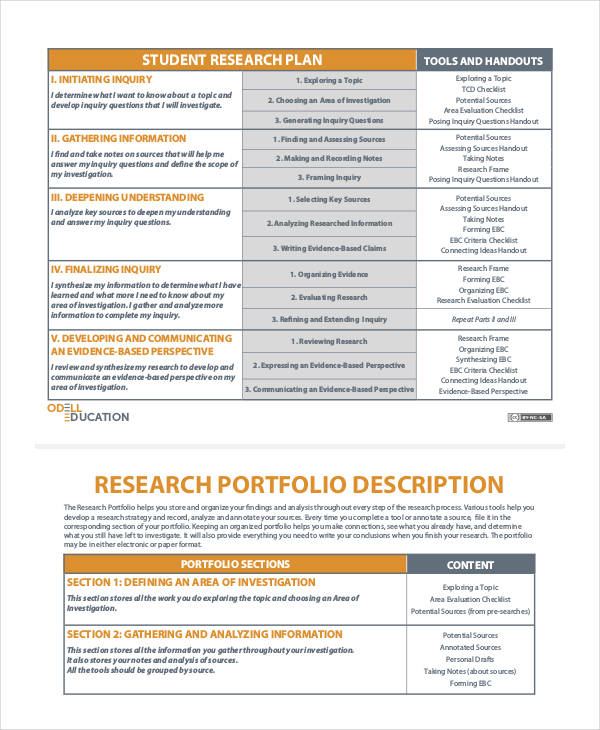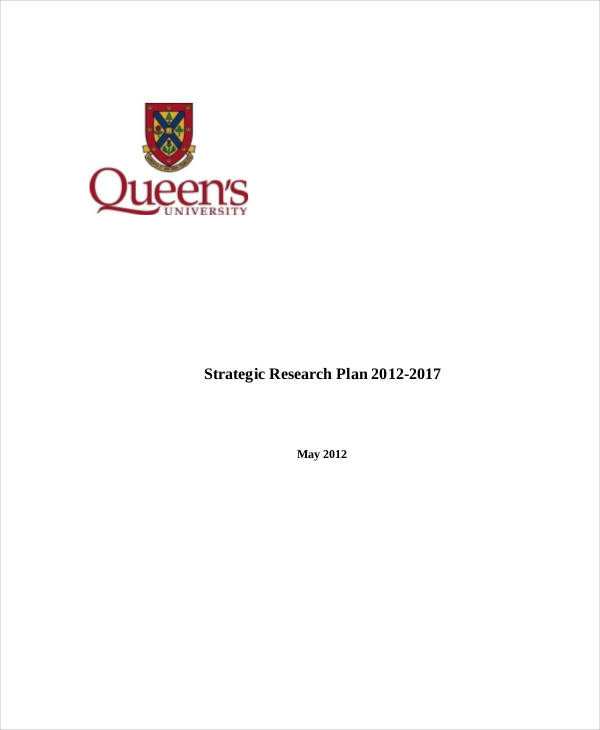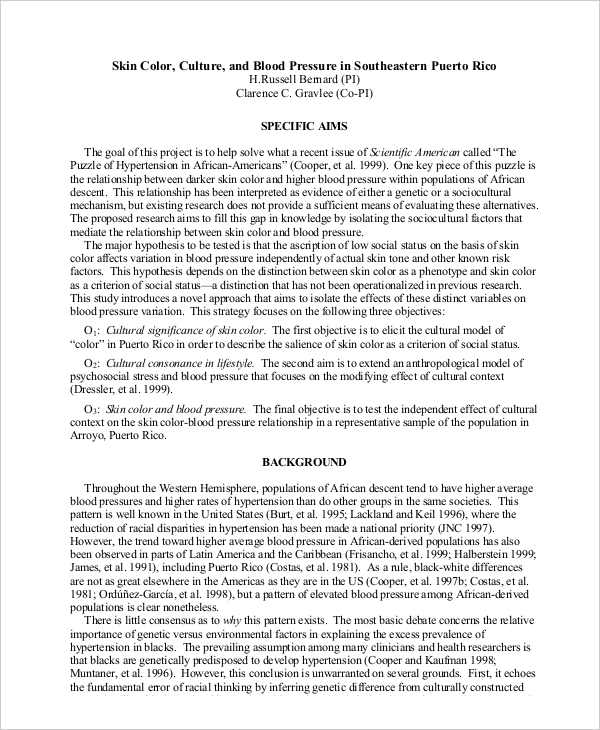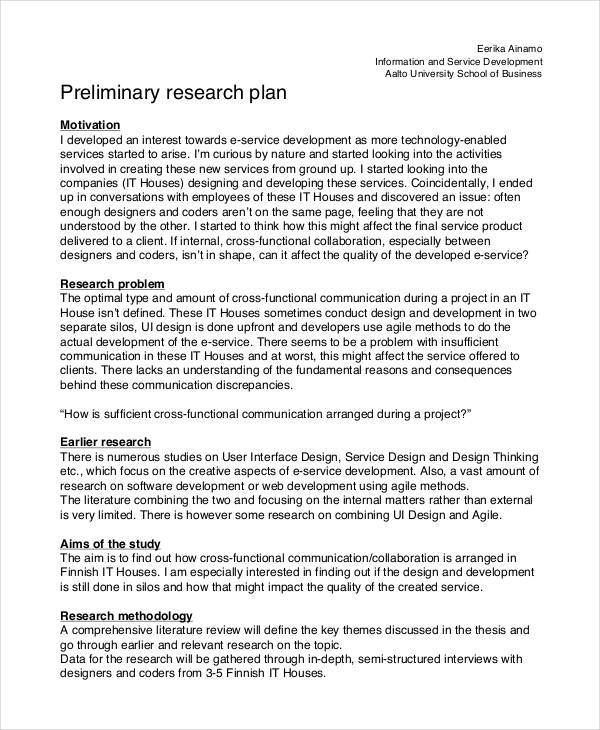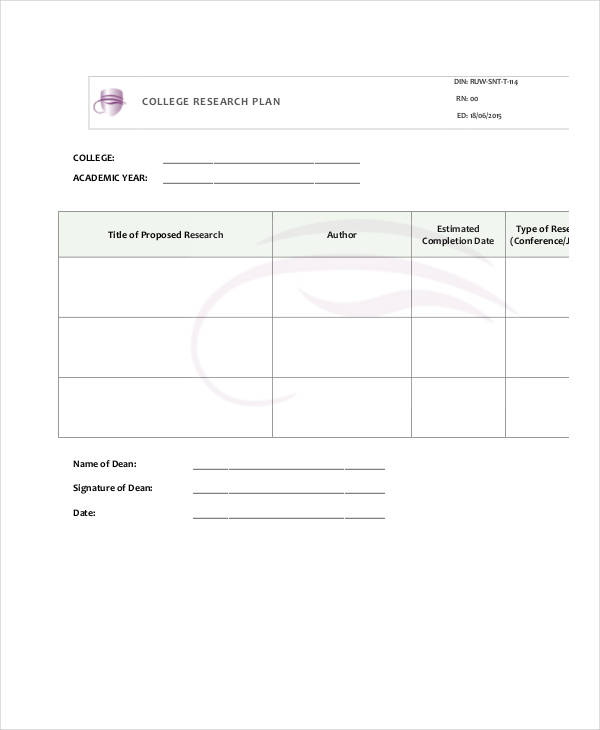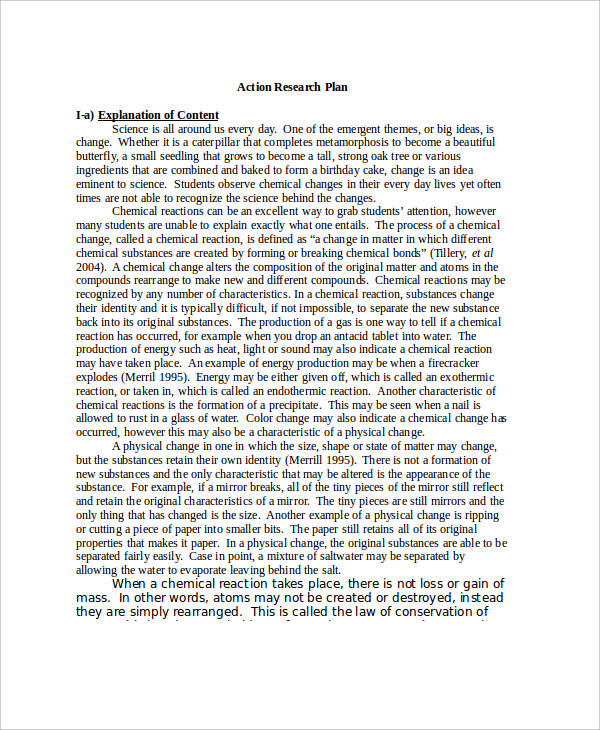16+ Research Plan Examples to Download
Plans, of any kind, help people keep anticipate the things they need to do in the future. For example, a business needs to devise a business plan so that they may be able to foresee their business goals, and the methods that need to be done in accomplishing each of their smart goals.
Most people believe in the ability of small business plans to avoid disaster and chaos especially when hosting events. Researchers are among those people. When doing a research, most researchers plan for the whole course of their research in order to avoid circumstances which may negatively affect their research.
Market Research Plan Template

Legal Research Plan Template
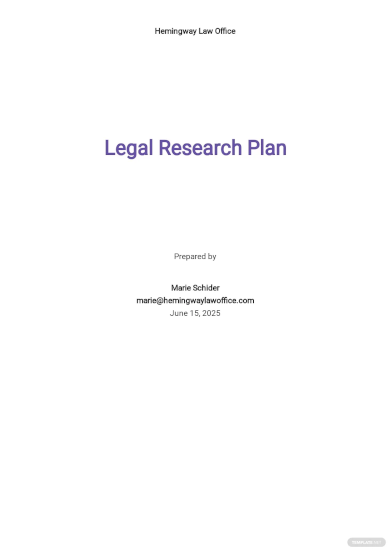
Research Action Plan Template
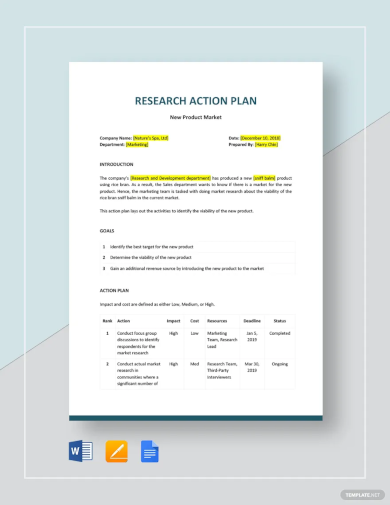
Quantitative Research Plan Template
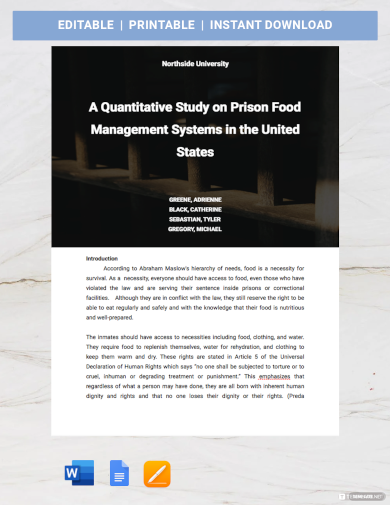
Research Development Plan Template
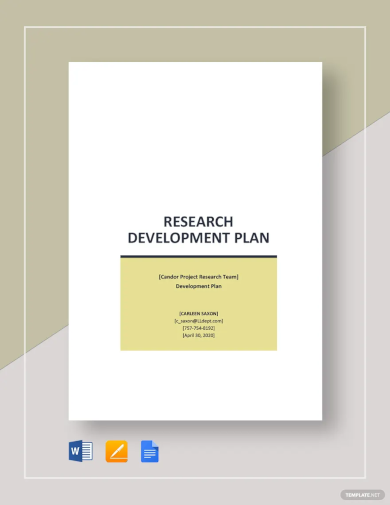
Simple Project Plan Template
Marketing Plan Template
Work Plan Word Template
Strategic Plan Template
Editable Action Plan Template
Full Research Plan Example
Student Research Plan
Strategic Research Plan Sample
Proposed Research Plan
What Is a Research Plan?
Research plan, as the name says, is a plan intended to anticipate a potential research project or study, and the potential course of action for the said research.
Research plans usually include the details of the proposed research including a detailed description of the research, the necessary materials and methods to include in the research, desired outcomes or results, proposed funding for the research, and other important details of the various processes the researchers plan on accomplishing for the research project plan or study.
Importance of a Research Plan
Research plans, basically, describe or propose a potential research.
Like other plans, a strategic plan keeps the researchers organized while doing the research. The researchers will also be able to craft a timeline for the duration of their research and allocate their time properly. Another thing to consider is that research plans constantly remind the researchers of their goals and what they need to do in order to reach those goals. With research plans, researchers will be able to foresee the things that might go wrong and plan for the necessary steps in managing such things.
So basically, if you want your research to go smoothly without sacrificing much time and resources, you need to have a research plan.
Preliminary Research Plan Sample
College Research Plan
Action Research Plan Example
How to Write a Research Plan
If you’re a researcher, how you write your research plan will be entirely up to you. But for beginners, here are some tips which might be useful when writing your research plan:
- Identify the purpose of your research plan. You just need to answer the question: What do I want to achieve in creating a research plan?
- Plan the strategies of attaining your goals. What do researchers usually do in a research? List the things you need to do in order for your research to be successful. Find the best strategies to fit your research plan.
- Organize your strategies. Create an outline of the things you want to do. Create a timeline and allocate enough time for each strategy to be done.
- Keep it specific. Only include things that are related to the simple business plan. Do not include unnecessary ones which may just cause you confusion.
- Keep it concise. You need to keep your plan as concise as you can. Sure you might need a few pages, but maybe not more than three.
- Be realistic. Do not include unrealistic expectations and desired outcomes. Keep your feet on the ground.
- Revise and improve your plan. You don’t need to do much—just check for errors and maybe things to add, and you’re done!








